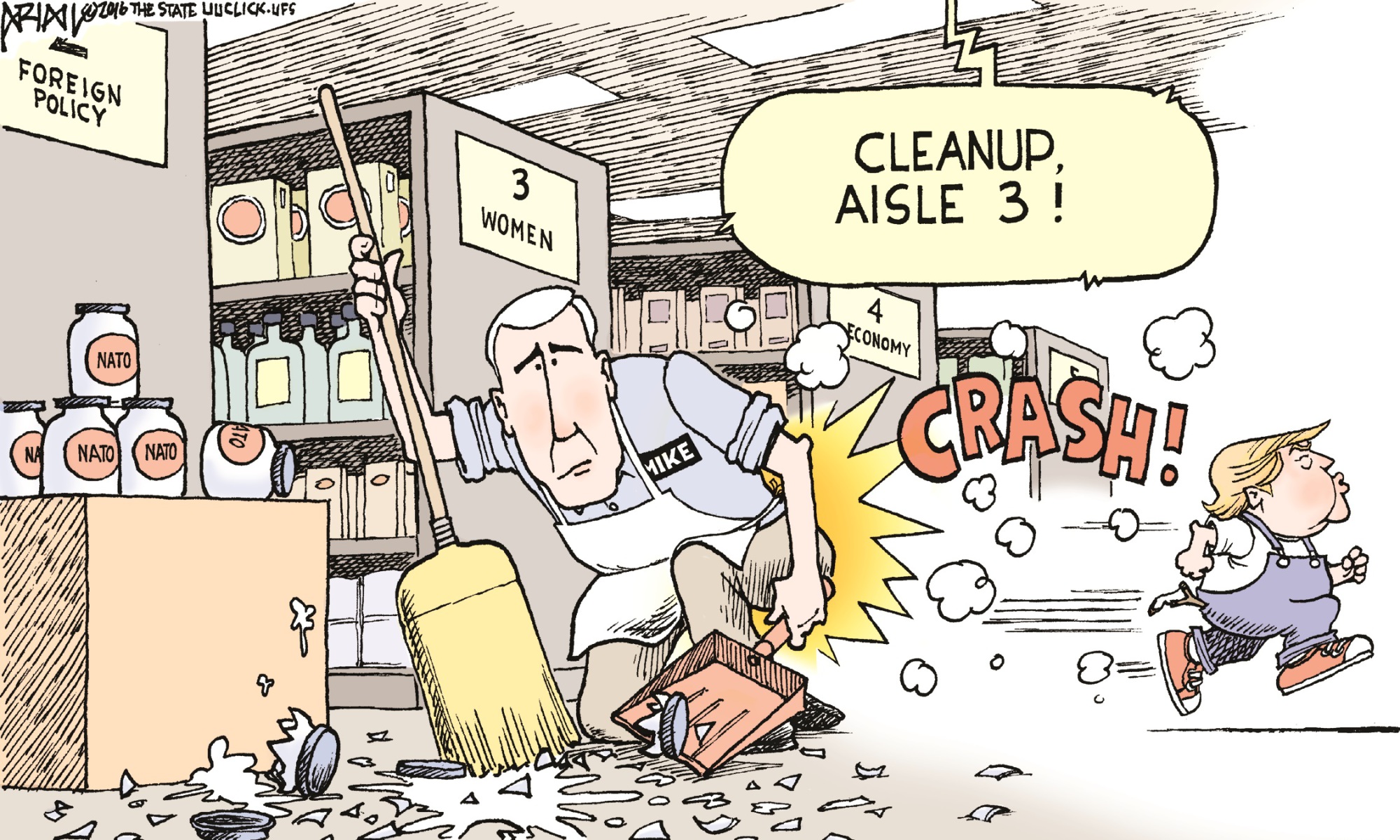Both journalism and politics now live in the leak culture, and both professions will be forever changed by it. Both have always benefited from leaks of some kind, from the officially authorized to the criminally filched. But today's ability to download and disseminate vast banks of information constitutes a new chapter in journalistic and political practice. WikiLeaks has put U.S. diplomatic cables in the public domain, followed by the much riskier leaking of sensitive files from the National Security Agency and the leaking of the Panama Papers, which showed how the rich secretly contrive to get richer.
The leak to The Washington Post of a video, made in 2005, of Republican presidential nominee Donald Trump claiming, among much else, that "when you're a star, you can do anything" to women differs in principle from the previous leaks. They were unambiguously about issues of public concern. The Trump leak reaches into his private life. It is, to say the least, an unedifying moment: It shows him as boastful, glorying in his fame because it allows him to assault women with impunity.
It has allowed — indeed, compelled — Democratic presidential nominee Hillary Clinton, her allies and supporters everywhere to frame Trump as a lewd, sexist brute, who in bragging about grabbing women "by the p—-y" had confessed, if not in prosecutable detail, to a criminal assault.



